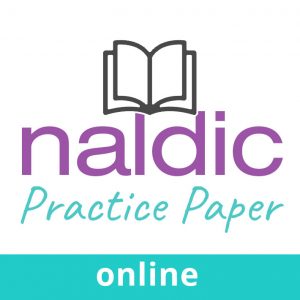Description
As teachers and educators working in the field of English as an additional language, readers of this special edition will know better than most how language can stand between a student and success in school learning. However, questions concerning the kind of language support to provide, the extent and timing of that support and who should provide it are vexed questions. In particular the first question (what kind of language support should be provided) has many implications for curriculum development, departmental strategy, classroom pedagogy, text book design and approaches to assessment. One major issue is how explicitly or implicitly the language support should be, and related to this, what kind of language for talking about language (what kind of meta-language) is needed – both by teachers and by students.
Contents
Guest Editorial (page 2)
Caroline Coffin
Policy, Practice and Research
From traditional grammar to functional grammar: bridging the divide (page 6)
Beverley Derewianka and Pauline Jones
Learning about language: the role of metalanguage (page 18)
Brian Dare
Supporting a “reading to write” pedagogy with functional grammar (page 26)
Mary J. Schleppegrell
Using Systemic-Functional Linguistics in Content and Language Integrated Learning (page 31)
Rachel Whittaker
SFL: A theory of language for Dynamic Assessment of EAL (page 37)
Sheena Gardner
Pedagogical resonance: improving teaching and learning (page 42)
John Polias
Book Reviews (page 50)




Reviews
There are no reviews yet.